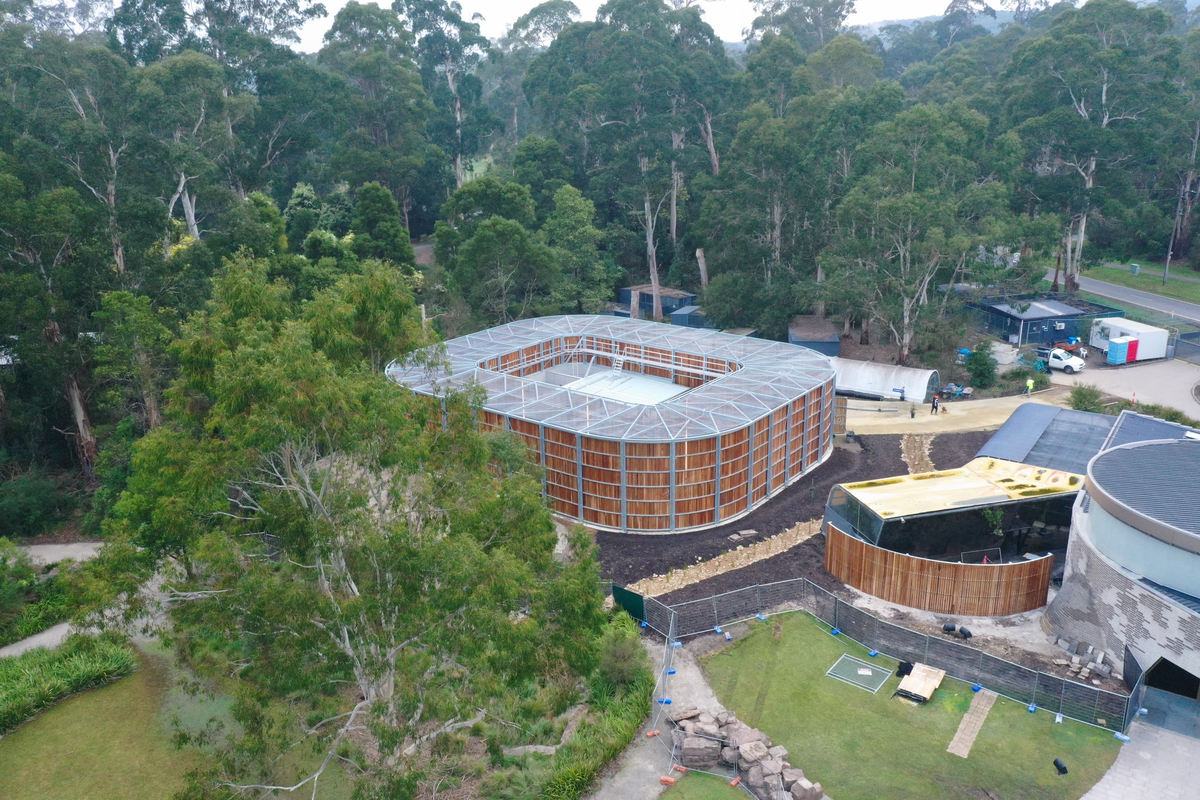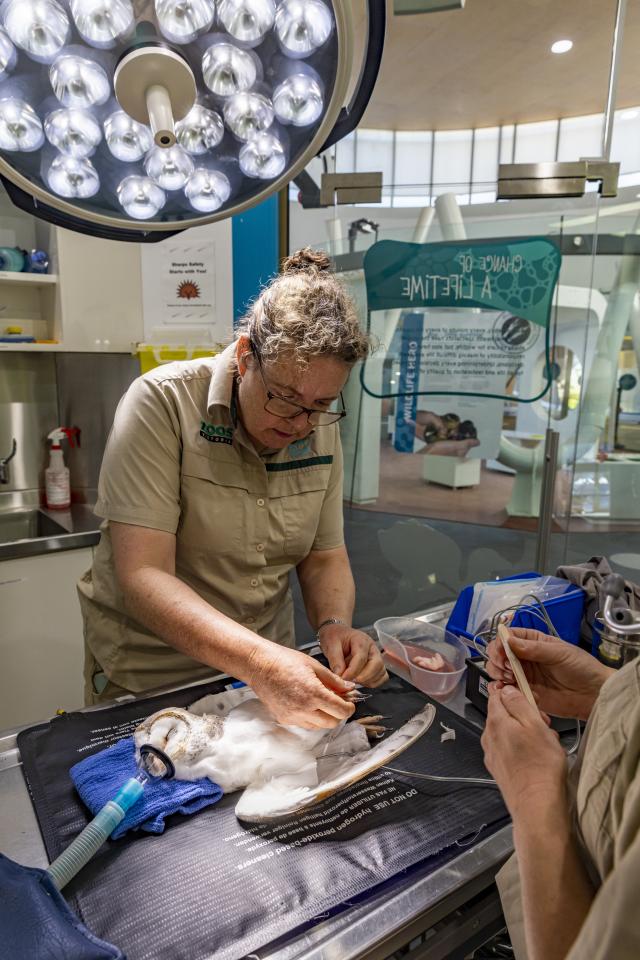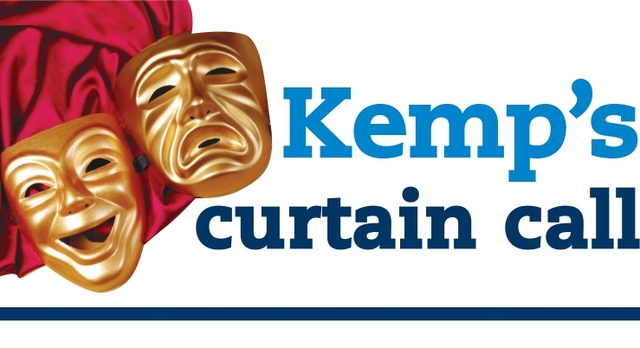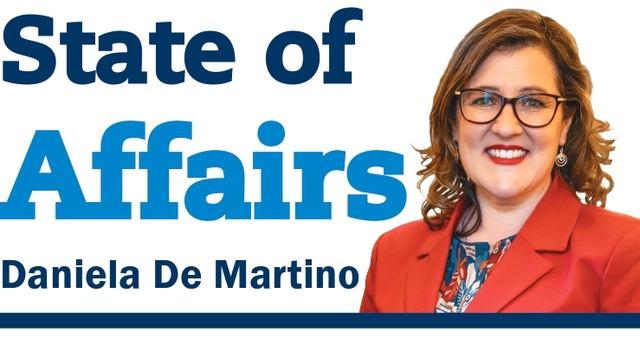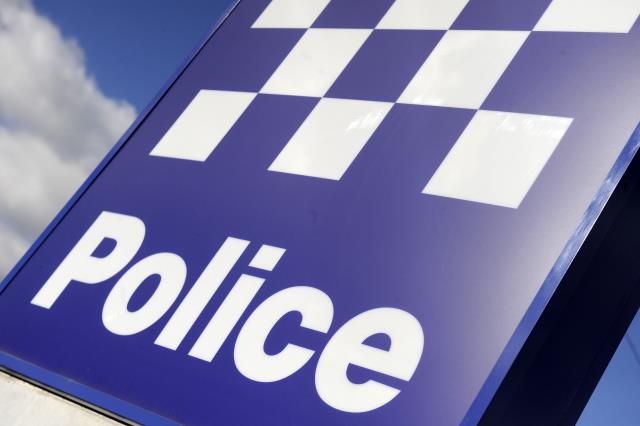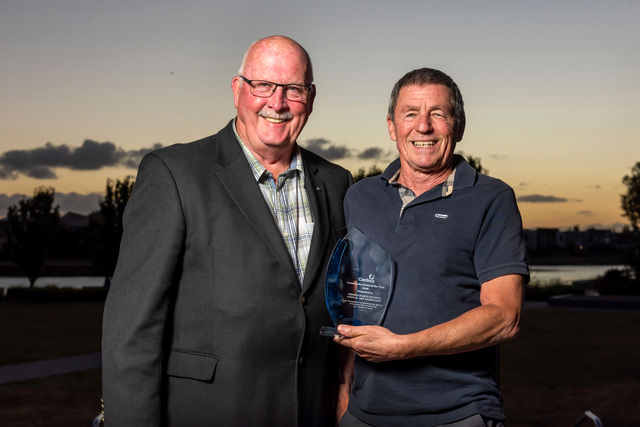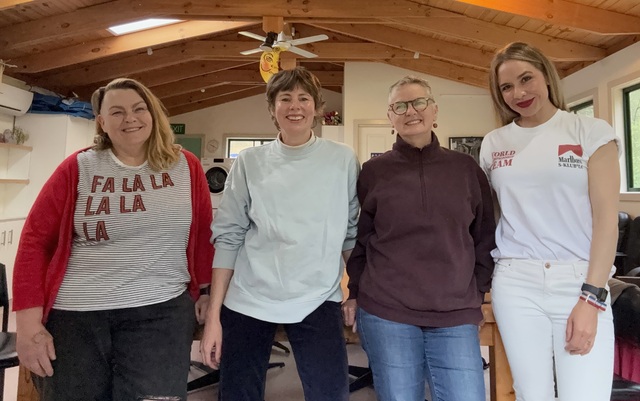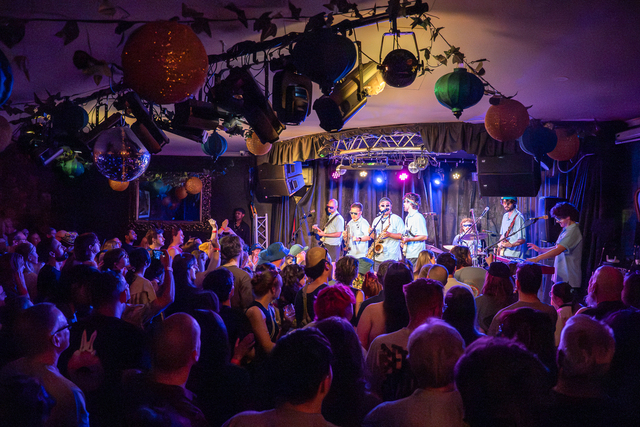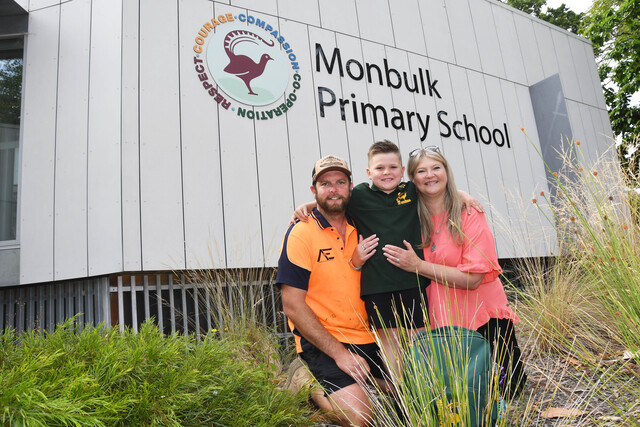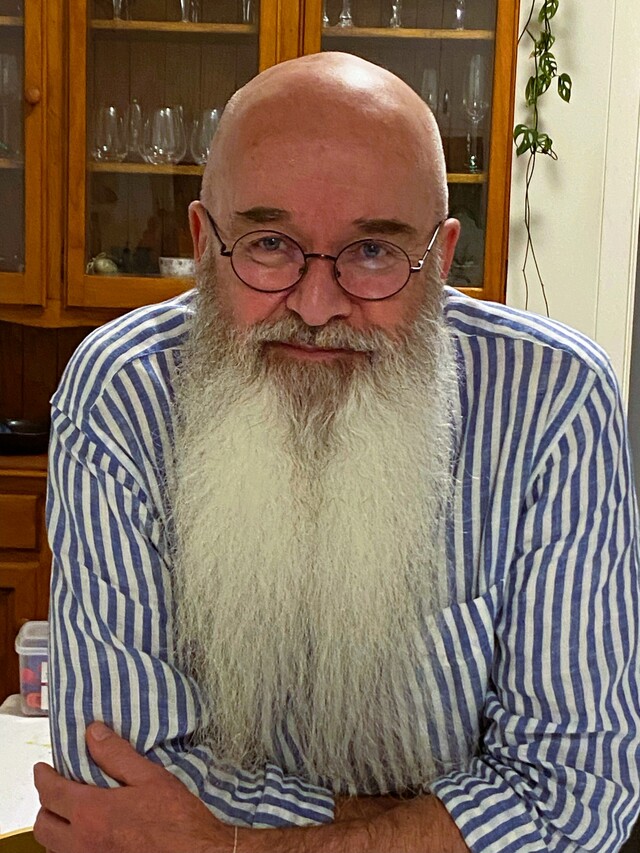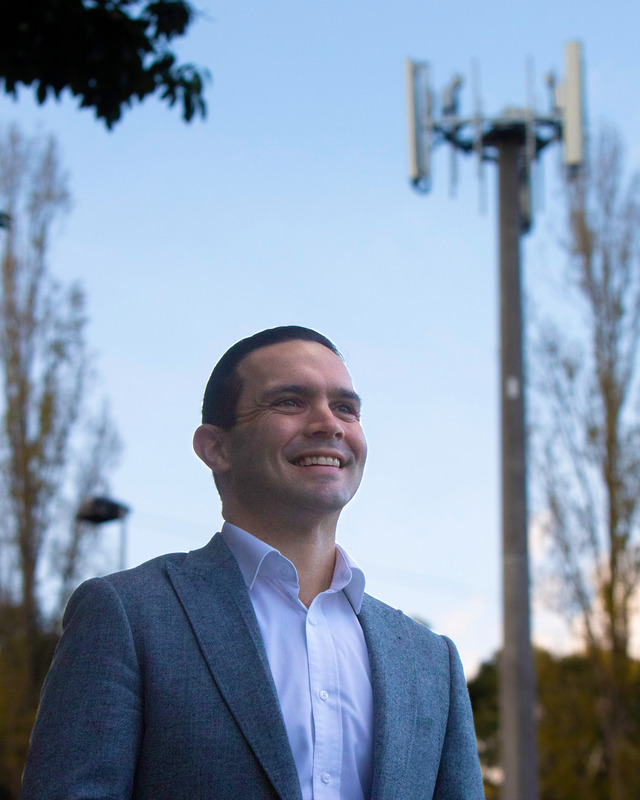A world-class flight centre opened at Healesville Sanctuary on Monday 14 August – giving injured birds a second chance at life in the wild.
Minister for Environment Ingrid Stit said that this world-class flight facility allows Healesville Sanctuary’s veterinary team to continue its fantastic work rehabilitating raptors.
“I hope that all Victorians can enjoy seeing these beautiful birds soar across our skies,” she said.
The government invested more than $3.2 million in the Raptor Rehabilitation Centre, which was also supported by generous anonymous donors who believe in creating a future rich in wildlife.
Minister for Tourism, Sport, and Major Events Steve Dimopoulos said we’re backing Healesville Sanctuary to become an even better tourism attraction.
“The new raptor rehabilitation facility is delivering another reason to attract more visitors to the region,” he said.
The purpose-built rehabilitation centre forms a continuous, circular flight path of approximately 100 metres and stands an impressive six metres tall. Inside there are wildlife wards, an intensive care unit and a courtyard.
The Raptor Rehabilitation Centre is next to the Sanctuary’s wildlife hospital, allowing the veterinary team to easily administer care and observe the recovering health of patients.
The Centre will support native bird species, such as Wedge-tailed Eagles, hawks, falcons, and owls.
Raptors are birds of prey that use their beaks and feet to catch and kill food, so they need to be agile in their environment.
Flight fitness is critical to ensure raptors can return to the wild and thrives. The longer a bird needs medical treatment, the greater the risk of it losing fitness, which also increases the need for effective rehabilitation.
In the past year, 63 raptors have received treatment at Healesville Sanctuary’s Australian Wildlife Health Centre, using a temporary flight tunnel to help their rehabilitation.
Road trauma-related injuries are the most common reason for wild birds needing veterinary care.
A boardwalk will enable Healesville Sanctuary visitors to see the full size of the Raptor Rehabilitation Centre, while small private groups will have the opportunity to tour the facility when it is not in use for wildlife. The hospital gallery space has also been renovated.
Healesville Sanctuary Director Ross Williamson said Healesville Sanctuary has a long affiliation with raptors, including Wedge-tailed Eagles.
“This centre will help tremendously in the way we are able to care for these birds and return them to the wild,” he said.

